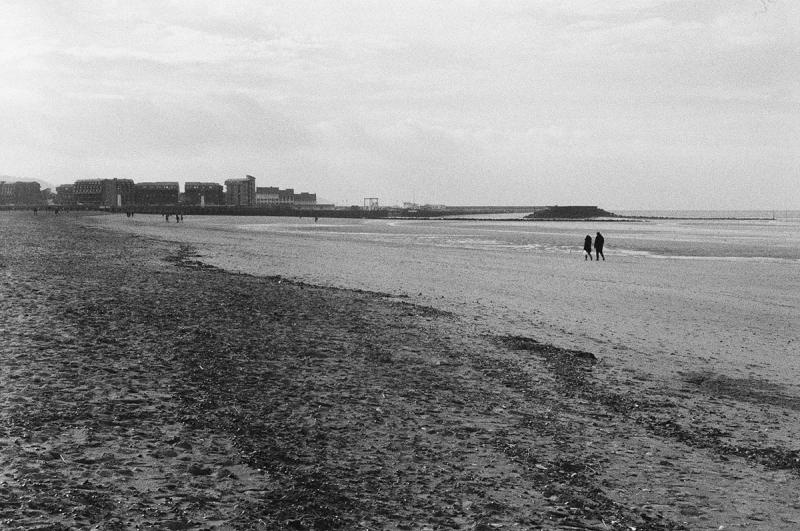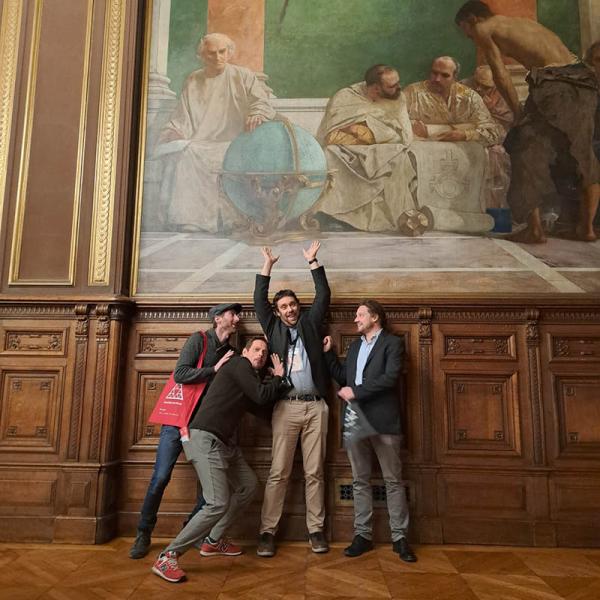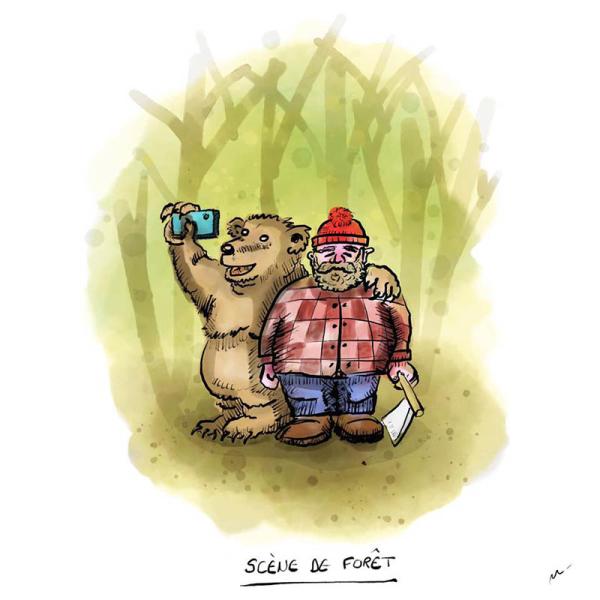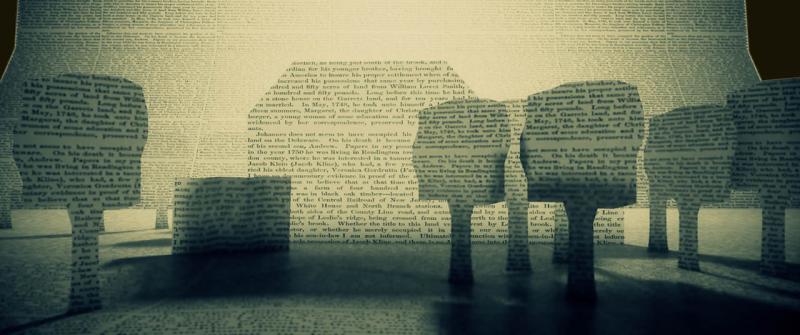I don't choose what I write.
One morning, I realize that my comedy-drama screenplay isn't progressing. The new scenes are dragging, predictable. Even the corrections I make here and there don't seem to be heading in the right direction. It's a mess.
However, without searching, three ideas for a comedy.
We know that writing (or creation in general) is 10% inspiration and 90% hard work. So if we wait for divine inspiration to move forward, we'll never accomplish anything. Sometimes, you have to push yourself a bit. Start the machine and see what comes. Right?...
I'm less and less sure about that.
Of course, the writing process itself – in the sense of the work required to get the idea on paper, to correct, to review, etc. – that time is largely non-negotiable. I would even say it tends to increase with experience. In many ways, what defines a professional, an artisan, is the awareness of how much time their work takes. Unlike me in music, for example, where I get offended when I can't crap out a song in an hour like the musicians I see on YouTube. (The term "crap" is not chosen by chance, as we will see.)
However, when we talk about pure creation, about the intellectual process of generating new ideas, bringing them out of nothing, my theory is that this time, just like the quality of the ideas themselves, varies exponentially depending on the circumstances.
The formula that you find effortlessly right after a meeting where you've been slightly shaken, which you expand with a line you didn't dare to say on the spot, and then develop into an entire dialogue that could fit into a courtroom drama or a thriller: it would be impossible to write the same thing the following week in front of your computer. Not with the same enthusiasm, the same inspiration.
Similarly, the nonsense that the brain seems incapable of stopping when you come out of an improvisation session with other creators animated by the same joyous and ancestral silliness: none of this would come easily on a Tuesday morning at the office.
Lastly: the nostalgia that tints everything after a painful breakup, the sadness of the world, the shittiness of things, you never express it better than when you're in the dumps.
The best comparison to illustrate this idea involves toilets and taking a dump – here we are. Not out of a love for vulgarity (though, well used, it rarely bothers me) but because I haven't found anything clearer or more universal:
Let's imagine an office worker whose job is to produce... crap. Literally. He's paid to provide a high-quality turd every day and is therefore not allowed to take the life-saving laxatives that would contaminate his specimen.
His day can be organized in two ways:
1. Enter the bathroom at 9 am – to show that he's serious and disciplined – and then for hours... Push. Push. Blow, massage his belly, make movements with his hips and thighs. Sweat. Not dare to leave the bathroom for fear of being considered a slacker. Feel the anxiety rise: "Am I doing it wrong? Maybe I'm not involved enough? Not motivated enough? Not concentrated enough? What if I never crap again? Am I a dilettante, an impostor, a loser? Have I wasted my life?"
Or:
2. Spend the day at the park with his children and his dog. When the urge comes, enter the bathroom, do his business, wash his hands, and *Poof*: workday completed!
Seems obvious, doesn't it?
Yet, how many times do we try to force things rather than let nature take its course and pick the fruit when it's ripe? Count it in a day. It's often much, much more than we think. When it's not the job itself that's built on a constant violation of the world's temporality.
Then again, it depends, I suppose. I progressed in my novel by writing very regularly every morning for long periods. So it's possible, I guess. But in general, these writing sessions only serve to arrange the fruits already picked up by chance on the road. And there's no guarantee that, in the end, it will be a high-quality turd.
UPDATE 1: The sociologist Niklas Luhmann, not known for slacking off, puts it even more succinctly:
"I only do what is easy. I write only when I immediately know how to do it. If I hesitate for a moment, I set the subject aside and do something else."
- Niklas Luhmann
UPDATE 2: Since we're talking about toilets and creation, go watch this (very) short film I just re-released, which deals precisely with that. One of my first films.












